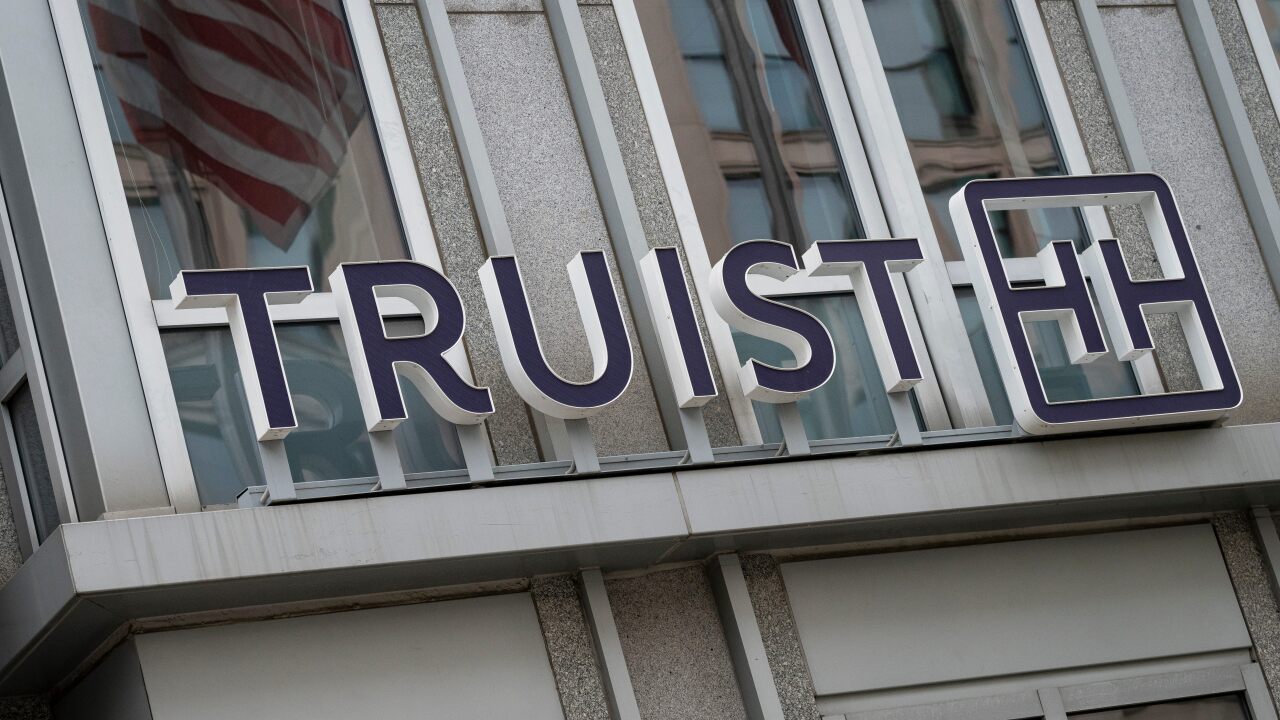The Debit Network Alliance last week officially launched its shared application identifier (AID) for EMV debit routing, but merchants likely won't be in any rush to implement the technology despite the fast-approaching Oct. 1 liability shift.
However, the same companies may be quicker to accept EMV credit cards, which do not have the same government-mandated rules for routing. As a result, the 10 independent PIN debit networks that make up the alliance may lose out on some volume in the early days of EMV adoption in the U.S.
The EMV liability shift is coming at a chaotic time for retailers, which are also pressured to support new payment methods such as Android Pay and Samsung Pay, and have all of their new systems ready to handle the holiday shopping rush without a hitch.
"It's a mess out there," said Tim Sloane, director of emerging technologies advisory services for Boston-based Mercator Advisory Group. "I feel for merchants coming into the holiday season and having to deal with the debit AID, EMV and other things at the same time. It's really crazy."
For the past three years, the payments industry has endured a long process in establishing how EMV debit cards would comply with the Durbin amendment's requirement that merchants have a choice of routing options for debit cards. This regulatory issue is unique to the U.S.; other countries that use EMV-chip security do not mandate the support of multiple independent debit networks on the same card.
The
"We have all of the certifications finalized and we are open for business, if you will," said Paul Tomasofsky, the alliance's executive director. "We have both merchants and issuers that are actively working to have the alliance's AID functional, and they will be disclosed when it is all final."
Each independent PIN debit network also has its own
Visa and MasterCard face the same challenges for their common AID technology. "Merchants will enable their terminals for credit cards first and then turn on the common AID for debit after the peak season, maybe in the next winter-to-spring time frame," said Stephanie Ericksen, vice president of risk products for Visa Inc.
Merchants that do not "do a lot of PIN steering" are not worrying about the common AID at this time, Ericksen said.
And despite all of this effort on the part of issuers and card networks, the Durbin amendment doesn't require merchants to play along.
"Merchants do not have to choose a network, they can default to one network if they want," Tomasofsky said. "It may not be a good business decision to default to one network, but a merchant doesn't have to choose to abide by Durbin."
The new Debit Network Alliance AID is for cards without national brands, such as those issued from banks that deal only with PIN debit networks, or those that have portions of card portfolios devoted to independent networks. The alliance has differentiated its technology by calling it a "shared" AID to reflect that the 10 major PIN debit networks that make up the alliance all have a say in how the technology will be used.
This collaborative approach addresses one of the major concerns the independent debit networks had with the major card brands' approach.
"Since Visa and MasterCard licensed their common AIDs, they prohibited it from being used on a card that did not have a Visa or MasterCard brand on it, and that was part of what pushed" the alliance to establish its own technology, Tomasofsky said.
But the independent PIN debit networks may lose some transactions because merchants may be in no rush to implement its technology when EMV credit cards are so much easier to accept, said Sarah Grotta, director of debit card advisory for Mercator.
"You can have a credit card and walk into a merchant for that chip-on-chip transaction, but if you walk in with a debit card, the merchant may be set up for EMV, but not for debit," Grotta said. "There are a lot of merchants who are going to have some difficulty putting together the software changes necessary for them to recognize the debit networks' AID, certainly in time for October, and probably far into next year."
As such, it is not surprising that there is not much talk in the industry about merchants adopting the brands' common AID or the debit alliance's shared AID.
"As we head into end of the year and the holiday season, nobody will want to be starting any ambitious projects that touch the POS systems," said Julie Conroy, research director and fraud expert with Boston-based Aite Group.





